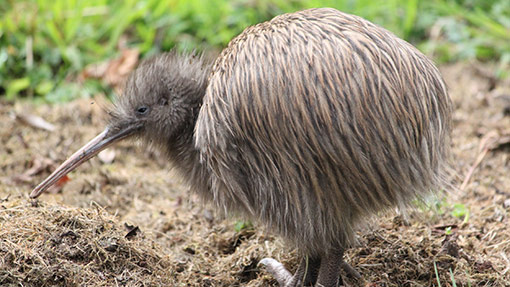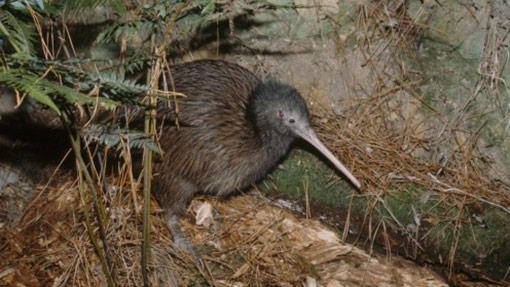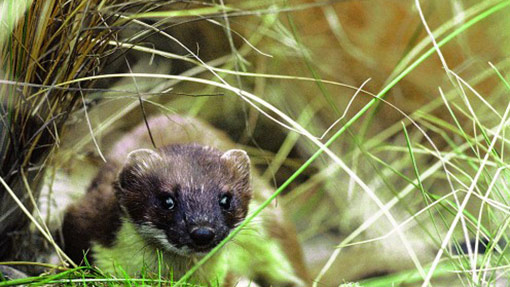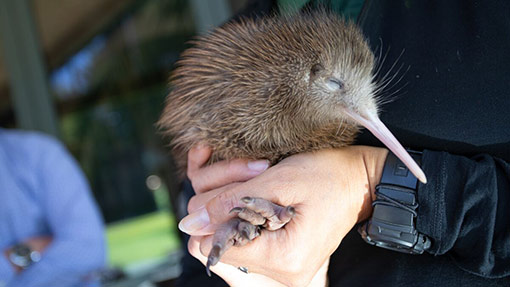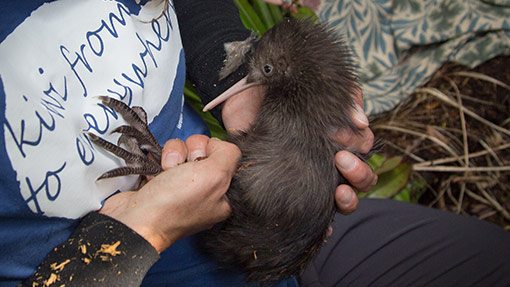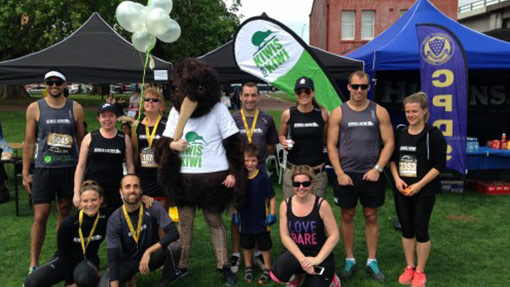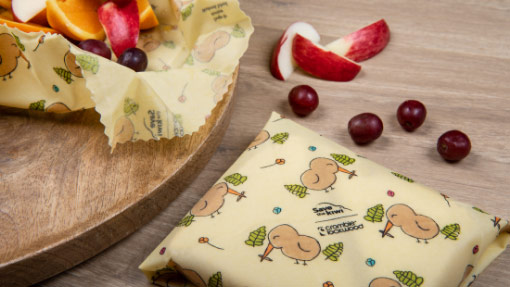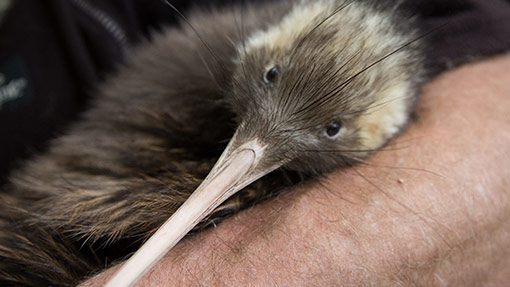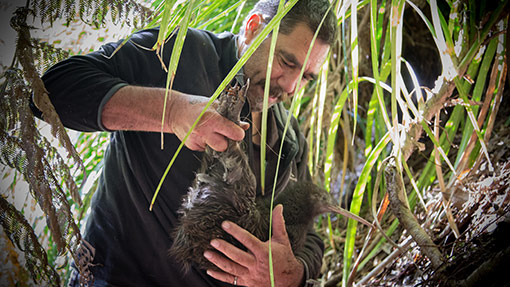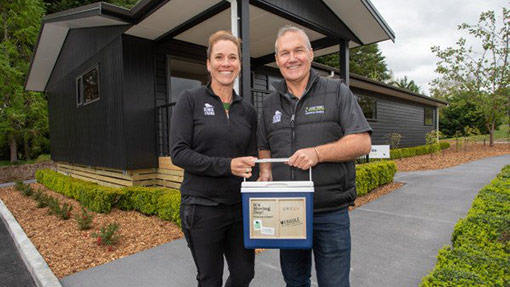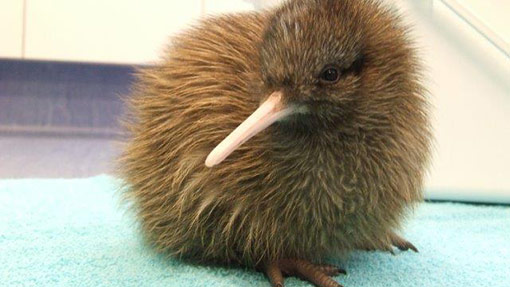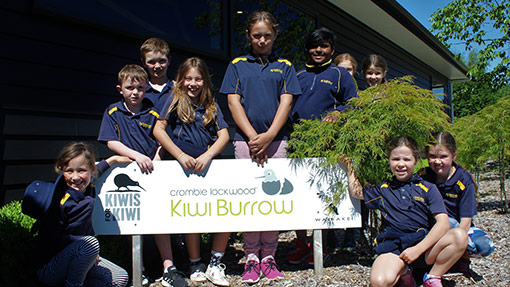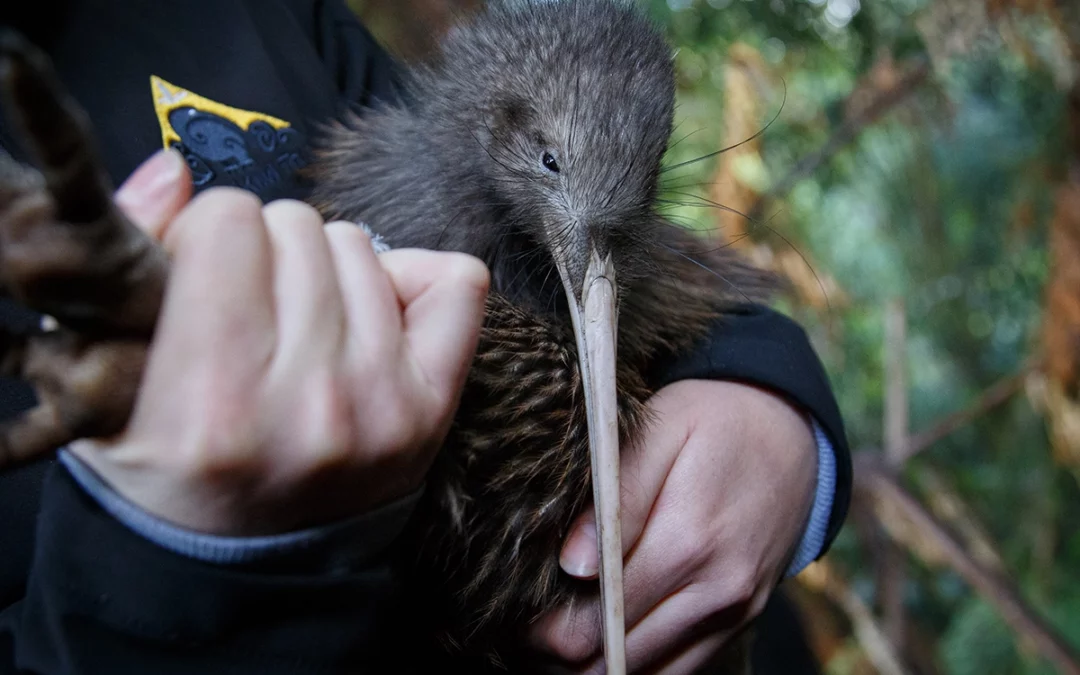Caring for kiwi comes in all shapes and sizes. Some kiwi conservation projects are small, new, and are just starting to make inroads on predator control. Others are well established, have the backing of their communities, and have made a significant impact on kiwi populations in their regions.
One such organisation is Taranaki Kiwi Trust which this month celebrates a significant milestone: 20 years of operation.
Taranaki Kiwi Trust’s journey started back in May 2001 when a group of concerned locals gathered to discuss concerns raised by environmentalist Peter Winter about the plight of the western brown kiwi in Taranaki. The local kiwi population was declining and the group was worried that, if they didn’t urgently intervene, the taxa could vanish from the wild altogether.
An independent working group was set up, and on October 9th of that year the deed of the newly formed Taranaki Kiwi Trust (TKT) was signed … and the rest, as they say, is history.
The following six months were very busy with setting up media appointments and a research proposal, establishing a volunteer network, and retrieving historic notes about kiwi from the Department of Conservation Te Papa Atawhai’s archives. A five-year strategic plan was formalised which detailed the Trust’s ambitions, including being an advocate and educator for kiwi, a facilitator that linked all agencies working with kiwi, and a focal point for data collection, analysis, and local knowledge. The plan recognised the importance of kiwi to iwi along with working with iwi, DOC, landowners, and managers to achieve greater kiwi conservation in the Taranaki region.
Fast-forward 20 years and TKT has become the leading agency for kiwi conservation in Taranaki. The Trust employs nine fulltime and part time staff and contractors and around 50 active volunteers assist with its work.
Over the past two decades, TKT has not wavered from its mission and purpose set all those years ago. Education was a strong driver in the early days which has continued with the Trust delivering education and advocacy to hundreds of schools, community organisations, and businesses over its lifetime.
Protecting kiwi in the wild was identified by the original board members as critical to their survival and in 2009 the Community Trapping Project was established. What began on two private properties has now expanded to 36 throughout the Taranaki region, protecting wild kiwi by way of predator trapping networks. There are over 2,300 traps spread across almost 20,000 hectares, with many of these properties used to source founder birds for both the Taranaki Kōhanga Kiwi at Rotokare and Sanctuary Mountain Maungatautari in the Waikato through Operation Nest Egg (lifting kiwi eggs in the wild).
Since 2005, TKT has released 125 kiwi onto Taranaki Maunga and the Kaitake Ranges. 23 kiwi are currently being monitored across these two sites, with many more birds scheduled for release in future years. After being involved in some of the first trapping efforts on the Maunga, the Trust still contributes to predator control in the area with two groups of volunteers managing four traplines on a monthly rotation.
The future of the Trust is looking bright. In early 2021 it became a recipient of $480,000 Jobs for Nature funding and has welcomed several other funders aboard to further support their efforts. A group of adept and skilled staff are supported by engaged Trustees and some very experienced volunteers.
Taranaki Kiwi Trust is just one example of the good that can happen when local communities come together to care for kiwi. The problem was identified, passionate individuals mobilised, and the result is a longstanding organisation that has seen significant success in their corner of Aotearoa and has earned a solid reputation in their community.
For more information about Taranaki Kiwi Trust’s work, visit their website.
Image credit: Jenny Feaver; Taranaki Kiwi Trust’s Community Kiwi Ranger Jess Fancy and “Prince”.
